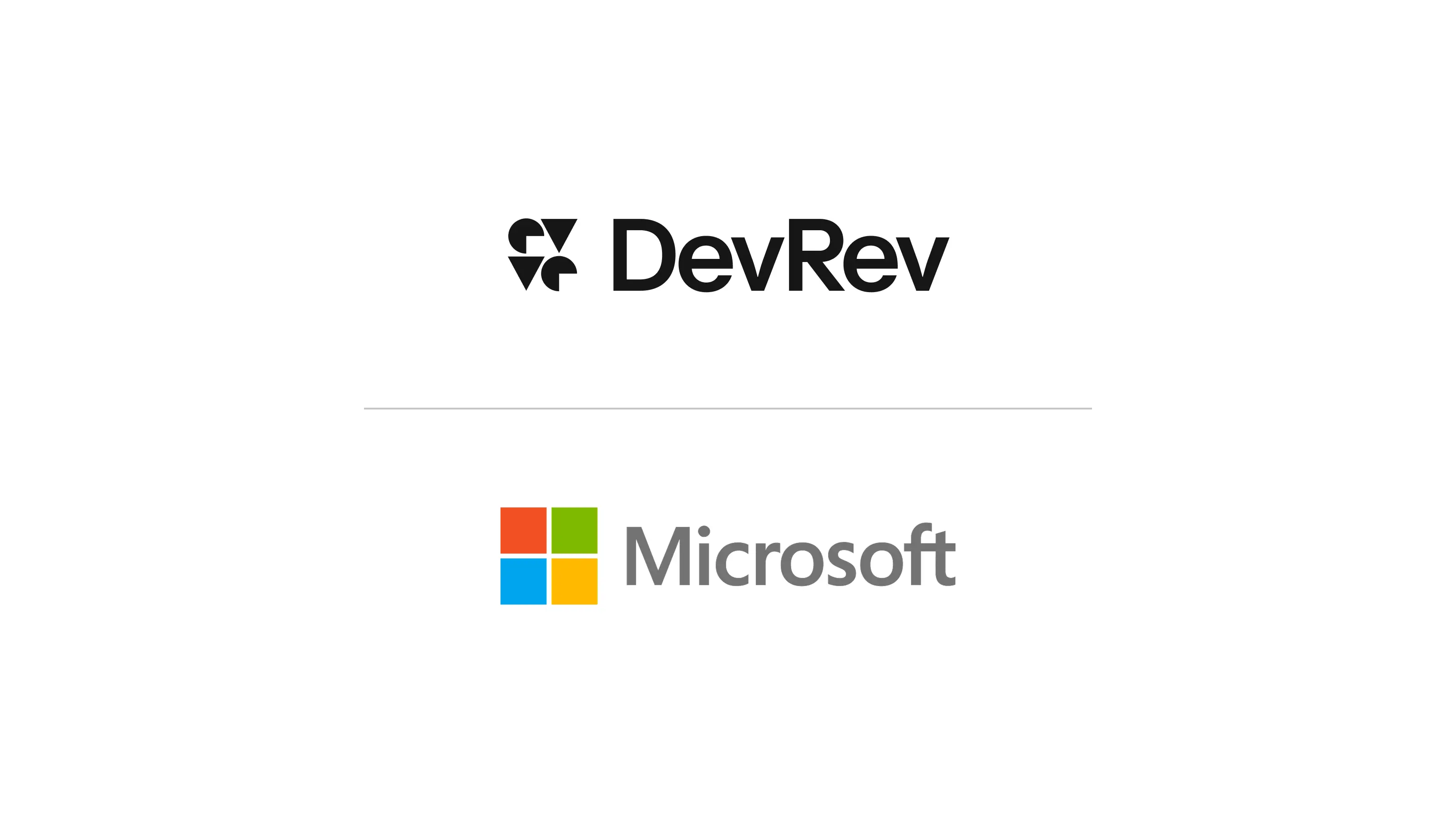Zendesk is one of the most sought-after platforms for customer support management.
We know the platform for its popular features like a ticketing system, answer bot, help center, reporting & analytics, and more.
When it comes to a customer support platform, there are two pieces to this puzzle. One is the ability to improve customer experience, and the other is to minimize the redundancies of the support agents’ tasks and enable them to increase their productivity.
While Zendesk is fairly doing a good job of helping its customers improve customer experience, there are still gaps in improving the support agent’s productivity, leading one to look for alternatives to Zendesk. But before we break that down for you, let’s quickly look at the cons of Zendesk (shared by real users of the product).
Is Zendesk limiting agent productivity?
➡️ Routing tickets automatically saves time & boosts efficiency
Whenever a customer raises an issue or a concern, a ticket ensures it is systematically attended to and resolved. The system typically assigns the tickets to an agent who will take steps to analyze and resolve the issue. But, when there is an enormous volume of tickets, it becomes difficult to assign the tickets to the agents manually. It is not only time-consuming, but it also increases the time required to resolve, hindering customer satisfaction. Assigning tickets or letting the agents ‘pick & choose’ them on their own creates a lot of ambiguity and loosens the resolution process. Automated ticket routing helps assign tickets to the right agent based on their efficiency and familiarity with the issue. AI-powered routing uses a machine learning algorithm to sort out tickets and also can learn continuously based on agent feedback. How does a lack of AI-powered routing hinder the support agent’s productivity?
- Takes up most of the time to route the tickets to the right agent
- Handling large volumes of tickets may lead to inaccuracies and severe errors in assigning
- Leads to delays in the resolution, which affects customer satisfaction
Key Takeaway: Zendesk provides ability to write triggers for routing and assignment.
However, configuring and managing these is a cumbersome task. The support admin creating these triggers has to keep track of q large number of triggers and needs to update them on a regular basis - with no help/recommendations from the tool to create these triggers. These disadvantages make it critical to look for Zendesk alternatives.
➡️ Deflection Of Knowledge Base
The support agent’s productivity spikes when freed from routine and mundane tasks. A manual process of resolving queries with relevant help articles is time-consuming and truly draining. So, it becomes imperative that your customer support tool can migrate knowledge base articles from external systems seamlessly.
Also, the tool should enable the usage of different models in a deflection bot. This means - implementing multiple machine-learning models within a chatbot to improve its ability to understand and respond to user inquiries.
These models can recognize different questions, such as those related to billing, shipping, or product information. They trained each model on a specific data set to recognize and categorize user input and then provide an appropriate response or direct the user to the resource.
How does a lack of advanced knowledge base deflection hinder the support agents’ productivity?
- Manual paragraph extraction to help customers with exact answers
- Inaccurate responses through bots that do not measure intent increase agent workload and create redundancies in resolving issues
Key Takeaway: Zendesk makes it cumbersome to migrate KB articles from external systems. It does not use different models for deflection, only the models that are available in Zendesk.
➡️ 360-degree & a holistic view for better context & visibility
Customer support software in the market has a very narrow vision of enabling customer support agents to resolve issues and queries with features like live chat, ticket routing, knowledge base deflection, and more.
However, customer support software should not limit to just that. It should enable support agents to gain complete visibility into the product - the roadmap, bugs, issues, product features, market, revenue, and more.
This level of understanding helps support agents effectively communicate these to the customers and address any concerns or issues that may arise.
In addition, having visibility into the product and development can help support agents identify trends and common issues that customers may be experiencing. This information can improve the product and make it more user-friendly, ultimately leading to higher customer satisfaction.
How does a lack of visibility into other functions hinder a support agent’s productivity?
Limited visibility about the product - bugs, roadmap, and more limits the context for the agent, making them more dependent on other teams to resolve customer queries. Not just that, the agents’ lack of overall product understanding leads to convoluted responses, which bring down the brand image and customer experience.
Key Takeaway: Zendesk’s suite of products does not bring together components other than support (product and development).
Final thoughts
In conclusion, while Zendesk has made a significant impact on the customer support software space with its popular features, the platform still has its shortcomings in improving support agent productivity. Lack of AI-powered routing, advanced knowledge base deflection, and visibility into the product and development can hinder the productivity of support agents and ultimately hurt customer satisfaction. Companies need to consider these factors and look for alternatives that can provide a more seamless and efficient support experience for both agents and customers.





